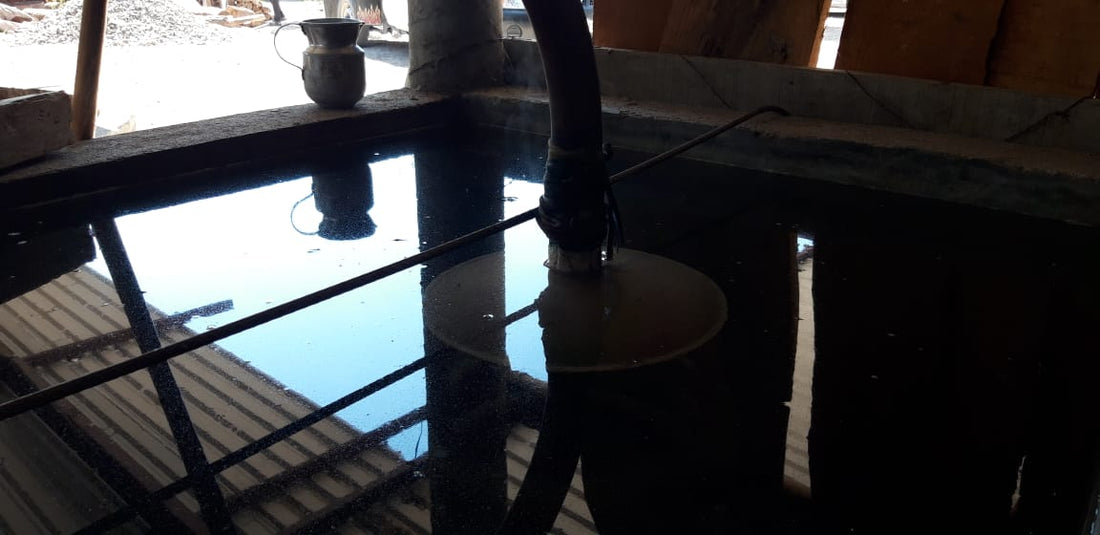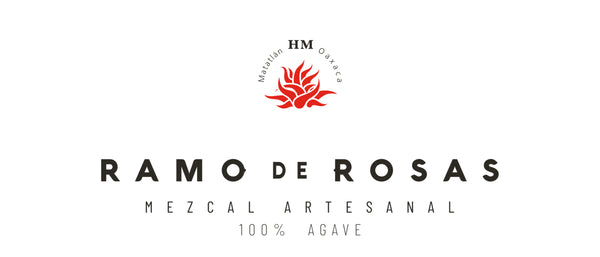Tequila and mezcal, although they share the legacy of the agave, diverge in production techniques, and the very talent of Mexican distillers is revealed in these differences. From cooking to distilling, each stage of the process reflects a strong tradition.
Agave cooking: autoclave vs. underground oven
In the world of tequila, agave cooking is, in most cases, done in autoclaves (closed, thick-walled metal ovens with high-pressure steam), speeding up the process and producing a more uniform flavor profile. On the other hand, mezcal preserves an ancestral technique by cooking agave in conical underground ovens covered with volcanic stones ("pie de tierra") and covered by plant fibers. This technique gives the mezcal its characteristic flavor (smoky in the case of quick cooking, less smoky in the case of slow cooking at a low temperature like that used for Ramo de Rosas mezcal), fusing the essences of the earth with the agave.
Grinding: stone mill vs. mechanical mill
Grinding is another stage where the differences are evident. Mezcal masters continue to use stone tahonas, a traditional method that consists of a large stone wheel that crushes agave piñas. This manual process creates a mezcal with distinctive texture and complexity. On the other hand, tequila often uses mechanical mills, a more modern approach that produces a more uniform agave pulp.
Fermentation and distillation
Fermentation and distillation are crucial stages where the diversity of techniques of the maestros mezcaleros shines brightly. While tequila follows industrialized processes, mezcal allows for a wider range of methods, from fermentation in wooden vats to distillation in copper or clay stills.
The richness of production techniques in the world of mezcal is a tribute to the creativity and skill of the maestro mezcalero. Each distiller, rooted in their tradition, brings a personal touch to the drink, creating unique mezcals that tell stories of the land and the passion that permeates each bottle.
In conclusion, tequila and mezcal, although they share a common origin, diverge in production techniques, highlighting the diversity of approaches of mezcal masters. Each sip is an invitation to explore the distilled artistry that emanates from the deep-rooted traditions and bold innovation of these master craftsmen.

